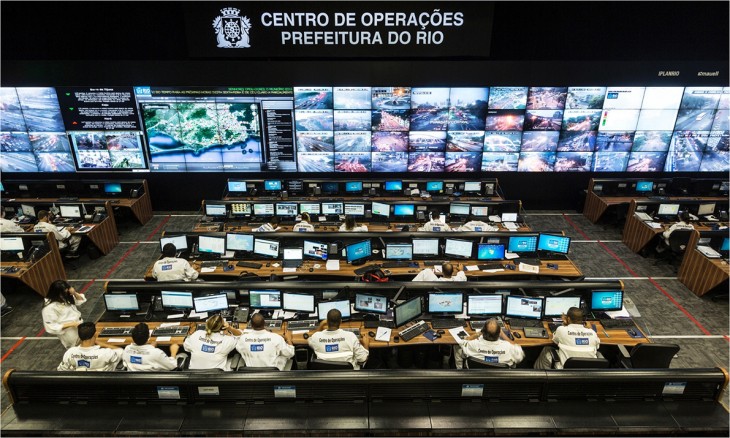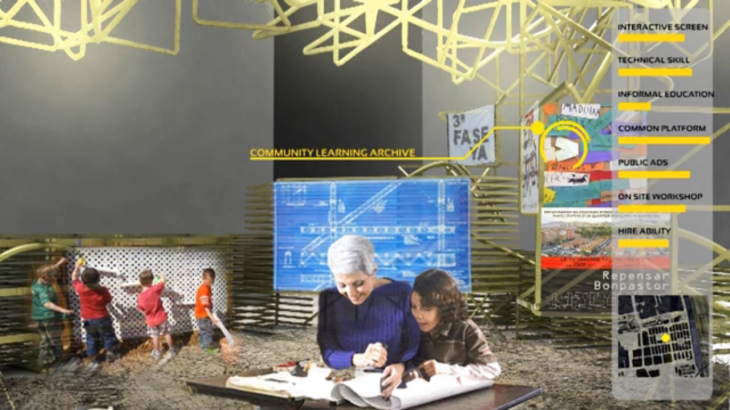Re-informing urban nodes: from stocking knowledge to replacing data
Seminar Faculty: Willy Müller
Seminar Assistant: Jordi Vivaldi
Since the recent emergence of the Third Industrial Revolution, the Urban Sciences are facing one of its major challenges: How to respond to the shift from an industrial society to an informational society? In this sense, every time seems more apparent that our generation is assisting to a radical transformation regarding to the informational treatment: It is already no longer about accumulating ratios of knowledge in the long run, but about processing lots of small amounts of binary data packages in periods of no more than 3 seconds. One of the main consequences of this phenomena is that the accumulative logic that until know was operating in order to produce knowledge became obsolete. Instead, a new substitutive logic is arising, which is no longer working with “stocks” of information but with “circulations” of information.

This course is presented from the conviction that, indeed, there is a paradigm shift ongoing, and that therefore, most of the tools used to face the city in the industrial and post-industrial era are going to remain obsolete soon. It’s about big infrastructures as train stations, factories or terminals, often placed in the metropolitan center, with a big history behind and, overall, designed from the accumulative logic inherent to the industrial civilization. Its massive scale, privileged position and emblematic value achieved during many decades, suggest to avoid any “tabula rasa” strategy in order to apply mechanisms of re-information and re-cycling. In this regard, its crucial to detect which are the habitability needs of the cities of the XXI century. But, more specially, it’s capital to understand which are the transformative strategies that these needs require in order to adapt the big urban equipment of the old industrial society to the demands on the new informational urban paradigm.
